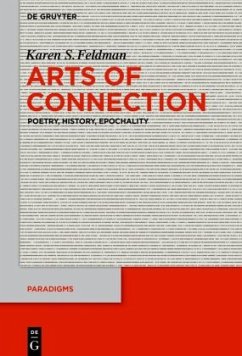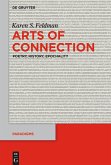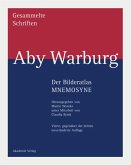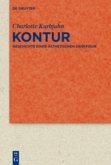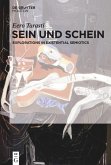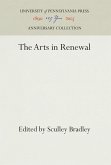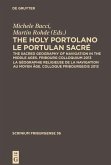At the intersection of literary theory, philosophy of history and phenomenology, Arts of Connection: Poetry, History, Epochality explores the representation of connections between events in literary, historical and philosophical narratives. Events in a story can be seen as ordered according to proximate causation, which leads diachronically from one event to the next; and they can also be understood in view of the structure of the narrative as a whole - for instance in terms of the unity of plot. Feldman argues that there exists an essential narrative tension between these two kinds of connection, i.e. between the overarching arrangement or plot that holds together events from "outside," as it were, in order to produce an intelligible whole; and the portrayal of one-by-one, "interstitial" connections between events within the narrative. Arts of Connection demonstrates, by means of exemplary moments in Aristotle and classical German poetics, eighteenth-century philosophy of history, and twentieth-century phenomenology, that the task of connection is a fraught one, insofar as the formal unity of narrative competes or interferes with the representation of one-by-one connections between events, and vice versa.
"Was die Arts of Connection daher an die Hand gibt, ist nichts Geringeres als eine ganz eigenständige
Literaturtheorie, die auf die Frage, wie Geschichte(n) erzählt und gelesen wird bzw.
werden, eine hochreflektierte Antwort gibt. Dass diese Frage nicht zum 'Wie' des Erzählens, also
zum Diskurs, sondern zum bisher weitgehend vernachlässigten 'Was' des Erzählens, also zur
Geschichte (histoire; plot) führt, weist in die Zukunft der Narratologie. Ich habe dieses Buch
mit großer Aufmerksamkeit, Spannung und Bewunderung gelesen, ja mit regelrechter Lust an
Feldmans hohem Abstraktionsniveau, das sich von einer kulturwissenschaftlich weichgespülten Prosa selbstbewusst unterscheidet." Frauke Berndt in: Zeitschrift für Germanistik, NF 3/2021, 580-583.
Literaturtheorie, die auf die Frage, wie Geschichte(n) erzählt und gelesen wird bzw.
werden, eine hochreflektierte Antwort gibt. Dass diese Frage nicht zum 'Wie' des Erzählens, also
zum Diskurs, sondern zum bisher weitgehend vernachlässigten 'Was' des Erzählens, also zur
Geschichte (histoire; plot) führt, weist in die Zukunft der Narratologie. Ich habe dieses Buch
mit großer Aufmerksamkeit, Spannung und Bewunderung gelesen, ja mit regelrechter Lust an
Feldmans hohem Abstraktionsniveau, das sich von einer kulturwissenschaftlich weichgespülten Prosa selbstbewusst unterscheidet." Frauke Berndt in: Zeitschrift für Germanistik, NF 3/2021, 580-583.

